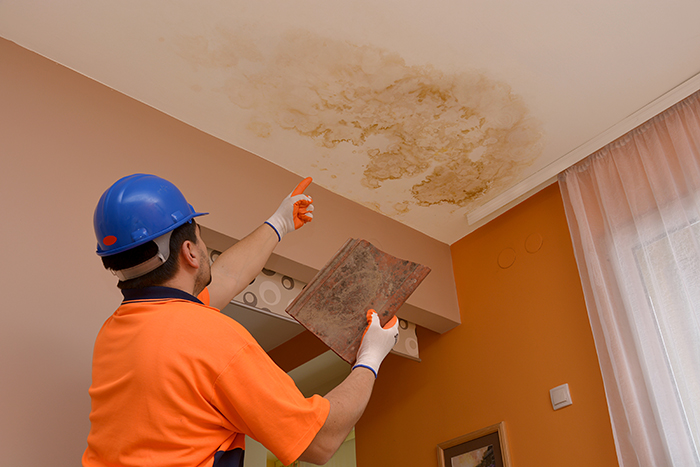How to identify and fix water leaks in winter
Winter is the season that poses the greatest risk of water damage. The combination of low temperatures and precipitation can significantly damage structures that are not in good enough shape to withstand winter weather.

For example, low temperatures can make the water in your pipes freeze, causing them to burst as the ice expands. Snow can also quickly pile up on your roof and cause damage due to the excess weight, while melting water can leak through cracks.
When it comes to water leaks, seeing water dripping from the ceiling and accumulating on the floor is one of the biggest fears for homeowners. When this happens, it usually means that the problem has been around for a while. To prevent this from happening, you will need to know how to identify and deal with water leaks during the winter.
Inspect your plumbing regularly
Leaks are often caused by pipes freezing during the winter and can be spotted in areas such as the kitchen, bathroom and basement. Regardless of the location, it’s important to keep an eye out for signs of water leaks, such as leaky pipes, puddles on the floor or inside cabinets, unusually high humidity in a room, etc. With regular inspections, water leaks can be detected quickly and basement moisture problems can be resolved, which can mean the difference between a minor issue and a major disaster.
Prevent roof leaks
A build-up of melting snow on your roof can create ice dams, damage your shingles and potentially cause water to leak through the roof. Telltale signs of a leak include brown spots on the ceiling or at the top of a wall and areas with flaking paint.
To roof leaks, have it inspected before the first snowfall to detect any problems and check if your roof is due to be replaced. Finally, during the winter, consider clearing the snow from your roof to prevent ice dams and reduce the pressure from the excess weight.
Keep an eye on your windows
Your windows can also cause water leaks, either due to poor caulking or condensation problems. Take advantage of the roof inspection to check your windows and make any necessary repairs. In the event of a condensation problem, you should improve your indoor ventilation.
Finally, water leaks in the basement may be caused by other things, such as the slope of your yard or cracks in your foundation. It’s important to address these issues before winter comes.
Are you passionate about real estate? Subscribe to the Centris.ca newsletter now.
See also:
 The Largest Number of Homes for Sale
The Largest Number of Homes for Sale



